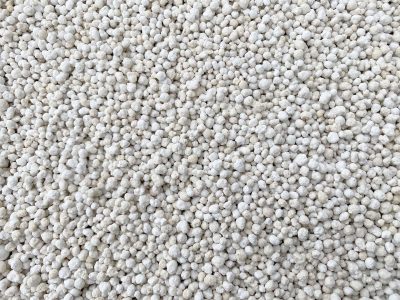$775.00/t
Kieserite contains magnesium and sulphate in water soluble forms which are readily available for plant uptake. Kieserite is well suited to fixing short term magnesium deficiencies in plants.

Kieserite contains both fast acting magnesium and sulphate, however it is primarily used for its magnesium content. Kieserite should be used to meet immediate magnesium requirements in crops and pasture, to ensure high crop yield and good crop quality.
The Benefits of Kieserite:
Summer, Autumn, Winter, Spring
Avoid application before large amounts of rainfall (40ml plus within 10 hours) to reduce any leaching. In areas of high rainfall split applications are recommended.